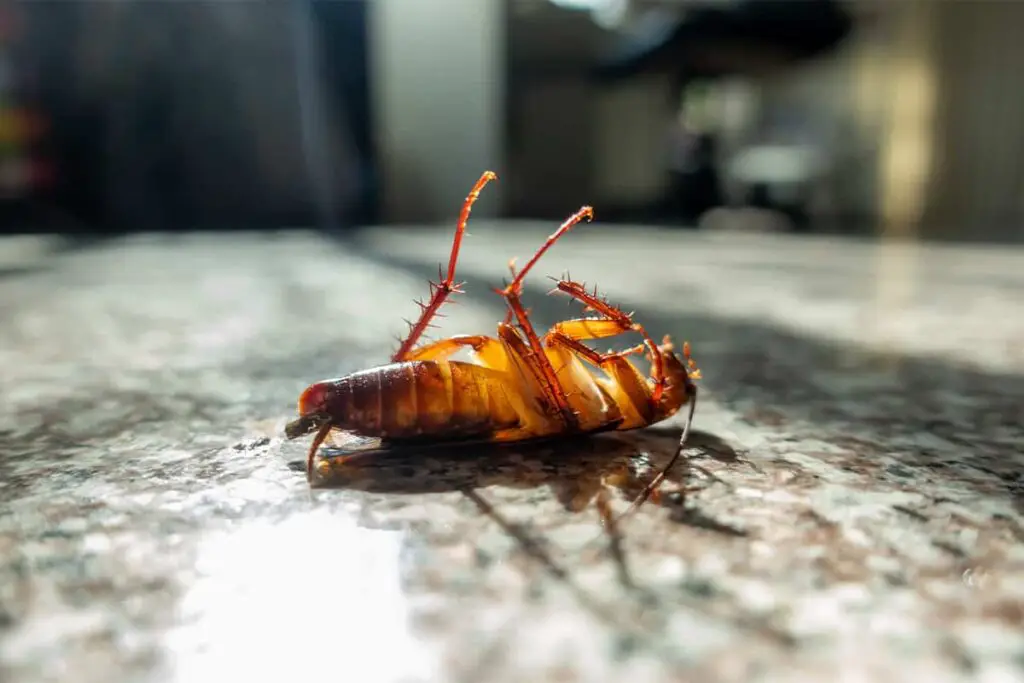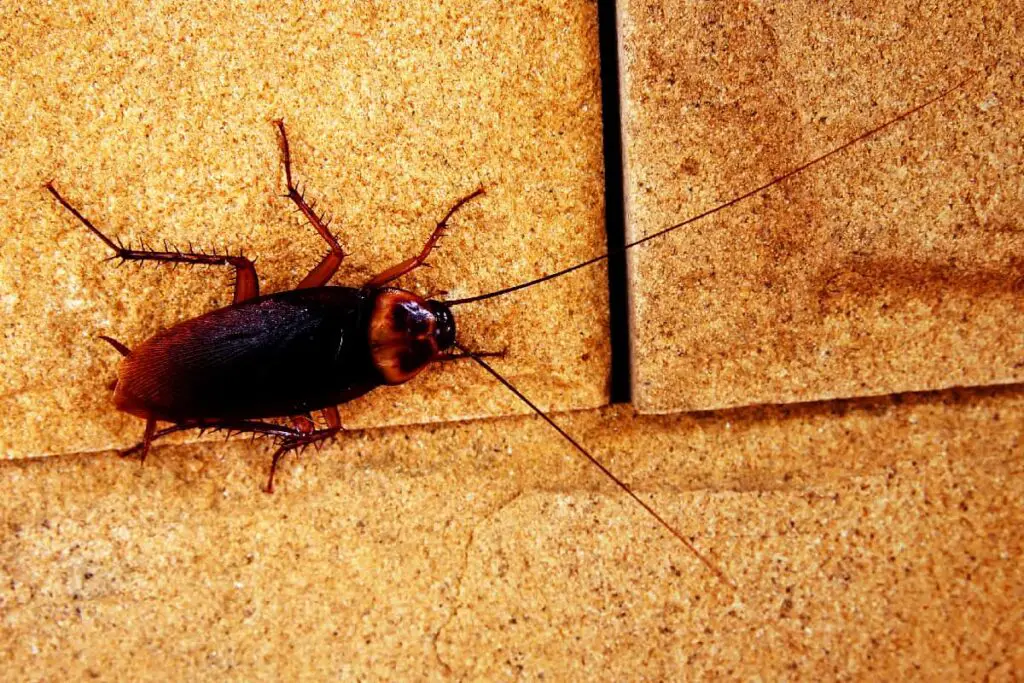When it comes to household pests, cockroaches rank among the most stubborn and unwelcome. They have a notorious reputation for being hard to get rid of and for many people, the sight of even one can be cause for concern. If you’re seeking ways to tackle this problem, you may have wondered whether something as simple as soap could be the answer. It’s a common household item, and the idea of using something so readily available is appealing.
Soap is known for its cleaning properties, but its potential in pest control invites curiosity. You might have heard that a solution crafted from soap and water can kill cockroaches by suffocating them. This is because soapy water might compromise their ability to breathe by blocking their spiracles, which are the roach’s version of lungs. However, effectiveness can vary, and it’s crucial to understand how it works to assess if it’s the right method for your situation.
Understanding Cockroaches
Before delving into whether soap can impact cockroaches, it’s essential to comprehend their biology, typical living spaces, and their remarkable survival tactics.
Biology of Cockroaches
Cockroaches are insects that belong to the order Blattodea. They have a flat, oval body, a small head hidden beneath a prominent pronotum, and six legs which are well-adapted for rapid running. Most species are equipped with wings, but not all cockroaches fly. Their anatomy allows them to squeeze through tiny cracks and crevices, which is a key factor in their survival.
Common Habitats
You’ll typically find cockroaches in warm, moist environments. They thrive in places that provide easy access to food, water, and shelter. Kitchens, bathrooms, and basements are common indoor hideouts, whereas outdoors they may dwell in mulch or under logs. They prefer darkness, which is why they are nocturnal and tend to scurry away when exposed to light.
Survival Strategies
Cockroaches are known for their resilience, which makes them one of the hardiest insects on Earth. Their capacity to survive on limited resources is remarkable; they can feed on a wide array of organic matter, including glue, grease, soap, and even waste. They can also survive without food for up to a month and go without air for around 45 minutes, making them a formidable pest to manage.
Soap as a Pesticide
Exploring the use of soap as a pesticide, particularly in the battle against household pests, requires understanding its effects on insects and measuring its success rate in eliminating cockroaches.
How Soap Affects Insects
Soap works as an insecticide by damaging the protective layers of an insect’s exoskeleton. When you apply a soap and water mixture to insects, it can break down their oily or waxy outer coatings. This leads to dehydration or suffocation as the mixture can block their breathing pores. It’s vital to note that not all soaps are equal in this aspect—insecticidal soaps are specially formulated for pest control, targeting these vulnerabilities without causing undue damage to the environment.
Efficacy Against Cockroaches
When it comes to cockroaches, the effectiveness of soap is a subject of debate. Soapy water can be a home remedy to kill these pests by suffocation. By spraying a mixture directly onto cockroaches, it can potentially obstruct their breathing spiracles and lead to their demise. However, the success of this method may vary, and it may not always be 100%. Some sources indicate that cockroaches could eat soap as it contains fats, suggesting that soap might not be inherently toxic to them. For a more reliable option, professional-grade treatments might be more effective.
Application Methods
To effectively combat cockroach infestations with soap, familiarize yourself with the proper application methods. These techniques ensure you utilize the soap and water mixture to its fullest potential in eradicating these persistent pests.
Direct Application Method
For immediate results, the Direct Application Method involves directly spraying a soap and water solution on the cockroaches. To prepare this mixture:
- Combine 2 tablespoons of dishwashing soap in a spray bottle filled with water.
- Shake well to mix.
- Directly spray onto the cockroaches to inhibit their breathing and ultimately cause death.
Using a high-concentration soap solution can further enhance the efficacy of this method, ensuring cockroaches are quickly dealt with.
Preventative Measures
In addition to combatting existing cockroaches, you can employ Preventative Measures to deter future infestations. One such measure is creating a soapy water barrier:
- Mix a solution of soap and water in a bowl.
- Dip cotton balls or strips of cloth into the mixture.
- Place these around entry points such as window sills, doorways, and cracks in walls.
Regular application ensures a consistent deterrent, as some people find adding vinegar enhances the repellent properties of the soapy mixture.
Safety and Considerations
When considering the use of soap to kill cockroaches, it’s important to understand the environmental impact and health and safety concerns involved. Here’s what you need to know.
Environmental Impact
Using soap and water to kill cockroaches is generally considered environmentally friendly. The main components are biodegradable and typically don’t contain the harsh chemicals found in commercial pesticides. However, it’s important to use soap sparingly to avoid soil and water contamination. The soapy water mixture should be targeted specifically at the infested areas to minimize environmental impact.
Health and Safety
For your health and safety, using soapy water is a safer alternative to chemical insecticides, as it is non-toxic and poses little risk if accidentally ingested or come into contact with your skin. Still, ensure you use gloves when handling the mixture and wash your hands thoroughly afterward. If you have pets or small children, it’s crucial to keep them away from the treated area until it is completely dry to prevent ingestion.
Frequently Asked Questions
When dealing with cockroaches in your home, you’re likely looking for effective and safe methods. These FAQs offer insights into natural approaches and agents like boric acid, and discuss both instant and overnight solutions for roach problems.
What are natural methods to eliminate cockroaches?
Natural methods include the use of soapy water to kill cockroaches by suffocating them, along with diatomaceous earth, which causes dehydration in roaches. Essential oils like peppermint may also repel them.
How effective is boric acid in dealing with roach infestations?
Boric acid is a highly effective roach killer. It works when ingested by the insect, disrupting their digestive system and causing death, often within a week of application.
Can roaches be killed instantly, and what methods work best?
Yes, certain methods like aerosol insecticides can kill roaches instantly, but they may not be safe for indoor use. Physical methods, like crushing, are immediate but not practical for infestations.
Is it possible for hand sanitizer to exterminate cockroaches?
Hand sanitizer contains alcohol, which can be toxic to cockroaches, but it is not the most effective method. There is no direct research citing hand sanitizer as a standard extermination tool for roaches.
Are there any overnight solutions for killing cockroaches?
Overnight solutions might not always result in immediate death, but placing bait stations or boric acid traps before bed can reduce populations significantly by morning as roaches will have consumed the poison during the night.
Can laundry detergent be used to control roach populations?
Laundry detergent, like dish soap, can be mixed with water and used to control roaches. It acts in a similar way by suffocating the insects. However, it may not be as effective as specialized roach treatments.
Driven by a passion for those tiny creatures that rule our world, we at Bug Domain strive to be your go-to resource for information on insects.



